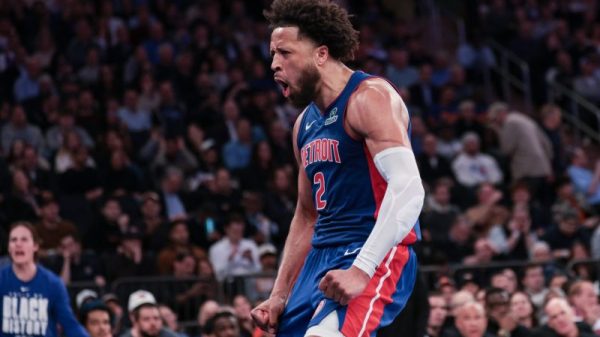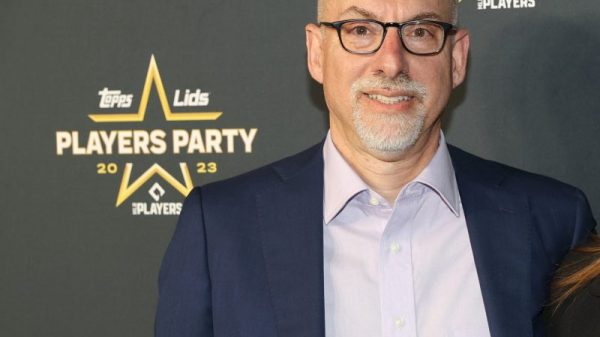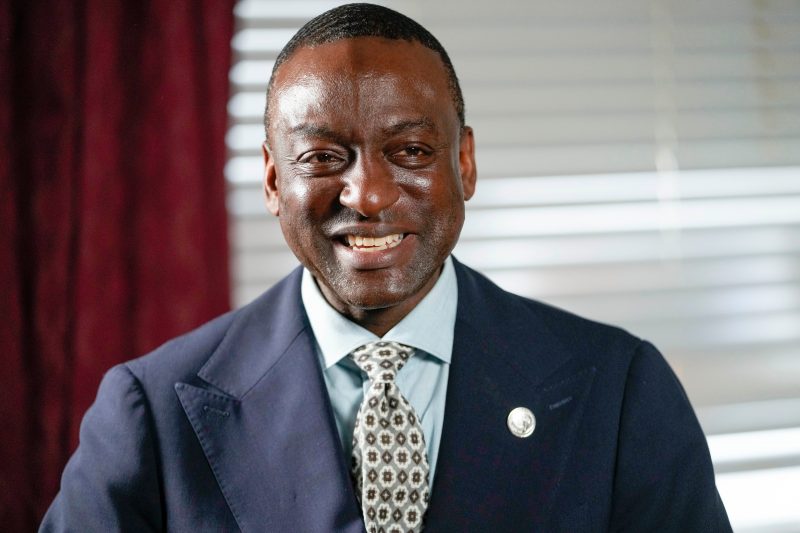In 1989, 15-year-old Yusef Salaam was arrested and wrongly imprisoned after the brutal rape of a jogger in Central Park, New York. Now, three decades on, he soon could be a Democratic councilman in the very city in which he was once hated for a crime he did not commit.
Here’s what to know about Salaam, the Central Park Five and his story so far.
On April 19, 1989, Trisha Meili was jogging in Central Park when she was brutally assaulted and raped. The 28-year-old White woman spent weeks in a coma and had no memory of what happened.
Authorities swiftly, and wrongly, focused on five Black and Latino teenagers for the crime. The boys, aged between 14 and 16, were Salaam, Korey Wise, Kevin Richardson, Antron McCray and Raymond Santana, and they quickly became known as the Central Park Five.
During police interrogations, the teens confessed to being involved in the attack, but they later said their confessions were a result of coercion by authorities. The following year, all five were convicted of charges stemming from the attack.
“I would hear them beating up Korey Wise in the next room,” Salaam told the Guardian in 2016. “They would come and look at me and say: ‘You realize you’re next.’”
In a 2016 piece for The Washington Post, Salaam said police had deprived the group of food, drink or sleep for more than 24 hours. “Under duress, we falsely confessed,” he wrote. (In 2019, Linda Fairstein, one of the prosecutors in the case, defended the methods used to obtain the teens’ confessions, saying they had not been coerced.)
There never was any physical evidence that the group carried out the violent assault, yet the teenagers spent several years in detention centers and prisons.
In 2002, a man named Matias Reyes confessed to the crime, and DNA tests confirmed that he had raped Meili. Authorities later dropped the charges against the Central Park Five — which many people renamed the Exonerated Five.
In 2014, New York City settled a lengthy federal civil rights lawsuit brought by the Central Park Five for $41 million. In 2019, Netflix released a series about the Central Park Five and their story, titled “When They See Us.” And in December, a monument, the “Gate of the Exonerated,” was unveiled in Central Park.
Salaam was tried as a juvenile and convicted of rape and assault. He spent almost seven years in prison for a crime he did not commit.
“Black people across America know that because of the color of our skin, we are guilty before proven innocent,” Salaam wrote in The Post in 2016. “As a result, sometimes we lose the best years of our lives.”
Salaam, now 49, describes himself as a poet, activist and inspirational speaker. He regularly advocates for criminal justice reform and in 2016 received a Lifetime Achievement Award from President Barack Obama.
Salaam also has written a memoir titled “Better, Not Bitter: Living On Purpose In The Pursuit Of Racial Justice,” and he has 10 children.
After the brutal attack on Meili, Trump — then a Manhattan real estate developer — took out full-page advertisements in four leading New York newspapers, including the New York Times, to demand the death penalty be reinstated for killers.
“Bring Back the Death Penalty, Bring Back Our Police!” read the ads, which were published in May 1989. The ads never mentioned the teens by name but referred to Central Park.
Trump told the New York Times at the time that he took out the ads because he had “a deep-seated feeling that what’s happening in society today has to be stopped.” The paper estimated that Trump spent more than $80,000 on the ads.
In his 2016 piece for The Post, Salaam wrote that Trump’s ads made him “terrified that I might be executed for a crime I didn’t commit,” and he urged the nation not to elect Trump as president of the United States.
As president, Trump refused to apologize for the ads and even suggested in 2019 that the men still might be guilty.
Salaam is running to represent Central Harlem on the New York City Council. The Democratic primary race took place Tuesday, and the general election will take place in November.
As of Wednesday, he appears to be the favorite in the Democratic primary race — although the Associated Press reported that the outcome may not be declared for days because of the city’s voting rules.
He is up against two other Democratic candidates: Al Taylor, 65, and Inez Dickens, 73, who previously represented Harlem on the City Council.
Salaam has vowed to use his painful past — and complex relationship with the city — to change Harlem for the better, saying he is running for office “to build a brighter future,” with a focus on mental health, affordable housing, and justice and safety.
“I am here because, Harlem, you believed in me,” Salaam said Tuesday as he thanked supporters for trusting someone who is “not a seasoned politician.”
‘I am here because Harlem, you believed in me. Harlem has spoken,’ said Yusef Salaam. Salaam has 50.5% of the vote in the Democratic primary in City Council District 9, with more than 92% of the expected vote in. pic.twitter.com/b8tCw4ZygN
— Spectrum News NY1 (@NY1) June 28, 2023
“I’ve often said that those who have been close to the pain should have a seat at the table,” Salaam told the AP ahead of the primary.
Bethonie Butler and Hank Stuever contributed to this report.



























